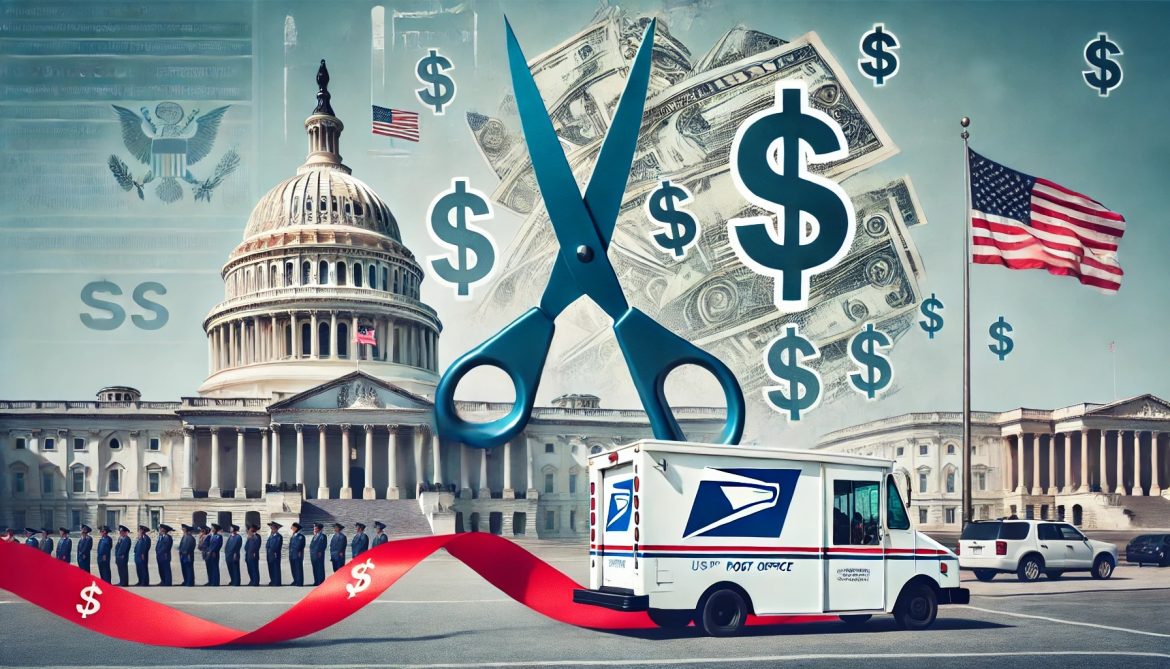In a bold move to address government inefficiency, tech billionaire Elon Musk is partnering with a newly formed Congressional caucus, spearheaded by Texas Republican Pete Sessions. The group, dubbed the “DOGE Caucus,” is set to focus on streamlining federal operations, rolling back pandemic-era work-from-home policies, and scrutinizing agencies accused of overspending, including the U.S. Postal Service.
Sessions, co-chairing the caucus, emphasizes the importance of returning to more traditional oversight and in-person work environments. He claims the remote work trend, which gained traction during COVID-19, has eroded productivity across government agencies. “The lack of direct supervision,” Sessions states, “is costing taxpayers and reducing efficiency.”
Musk, known for his disruptive approach to technology and business, is no stranger to controversy. His involvement has sparked debates among lawmakers, particularly Democrats, some of whom have called his influence on government operations “unconstitutional” and “illegal.” However, Sessions insists that the DOGE Caucus is bipartisan and open to collaboration, urging critics to join the effort to improve government performance.
A significant focus of the caucus is the United States Postal Service (USPS), long criticized for financial struggles and operational delays. During a recent Congressional hearing, Postmaster General Louis DeJoy admitted that the agency has increased the price of stamps six times during his tenure, yet timely mail delivery continues to decline. DeJoy, who has earned over $2 million while leading the USPS, faces mounting pressure to improve efficiency as the caucus signals its intent to target underperforming agencies.
Sessions did not mince words, stating that “saving money is not the post office’s strong point.” He warned that the USPS is squarely in the crosshairs of the caucus’s agenda, which seeks to hold federal agencies accountable for inefficiencies and budget overruns. Musk, for his part, has expressed interest in applying private-sector principles to streamline government processes, though details of his involvement remain sparse.
Meanwhile, Musk’s collaboration with the caucus extends beyond postal reform. In meetings with Congressional leaders and figures such as entrepreneur and political commentator Vivek Ramaswamy, Musk has explored broader themes of fiscal responsibility, innovation, and the need for transparent governance. According to Sessions, discussions have revealed startling insights into areas of government inefficiency that could benefit from a fresh approach.
While the DOGE Caucus faces significant political and logistical hurdles, its supporters argue that the initiative has the potential to drive meaningful change. Opponents, however, remain skeptical, cautioning against placing too much influence in the hands of a private citizen like Musk.
As the initiative gains momentum, the spotlight remains on whether the DOGE Caucus can deliver on its promise of a leaner, more effective government—or if it will spark further division on Capitol Hill.



